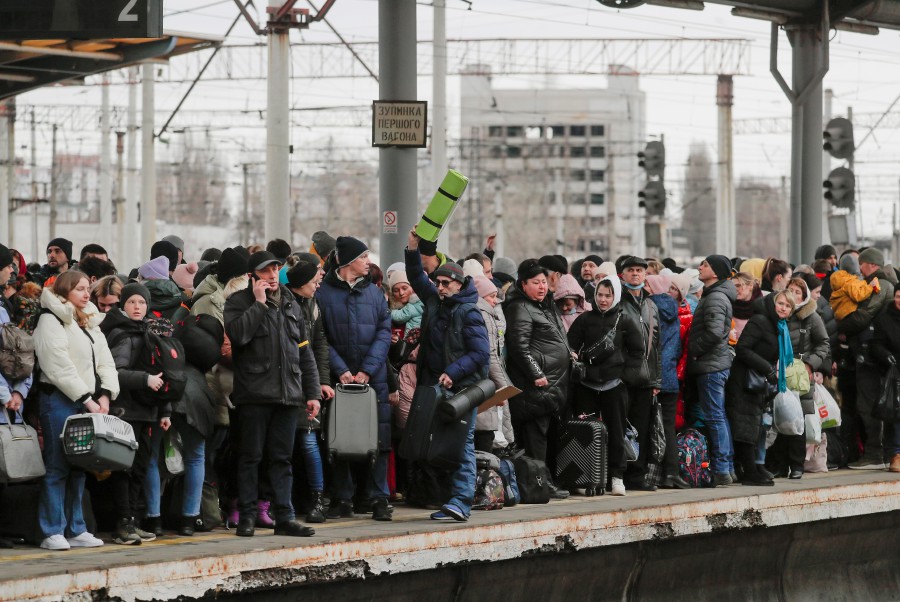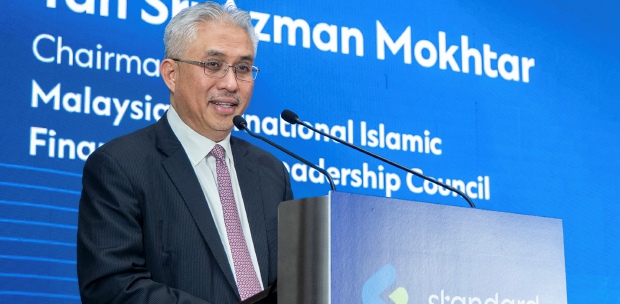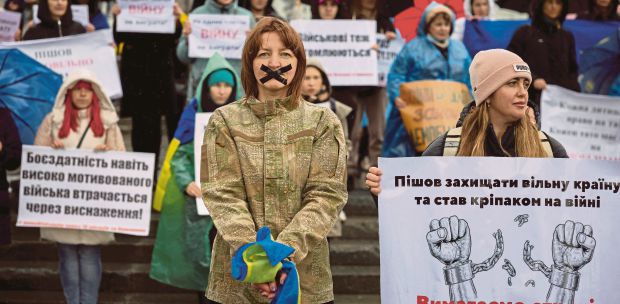THE main goal of the United Nations (UN) is international peace, but it is being undermined by some permanent members of the Security Council, the main organ of the UN that is primarily responsible for maintaining it.
This is done despite the pledge to save the next generation from the scourge of war, and the existence of a collective security system (hereinafter: the system) in the UN Charter, which is designed to deal with an international crisis such as the Ukraine crisis.
The system is the post-World War II security order that guarantees the security of every country in the world in the face of war or aggression that any country may commit against any other country. It is described as 'the best approach to international peace and a valuable tool for crisis management in the world.'
However, its success depends on the strong commitment of the UN Security Council and the "unanimity" of its five veto welding permanent members (P5) in favour of maintaining international peace and security that currently do not exist because of their divisions.
The P5, also known as the "Great Powers" or the Big 5, were united at the time the system was adopted in the UN Charter in 1945. But soon after that, the "great power unanimity", on which the system was based, disappeared.
Consequently, the system completely crippled during the Cold War, although it later revived for a time, effectively responding to the Gulf War (1990-1991) and restoring Kuwait's sovereignty after Iraq invaded it.
Shortly afterwards, however, disunity between the P5 became apparent in subsequent events as it prevented the Security Council to respond effectively to the crisis in Rwanda and Bosnia-Herzegovina in the early 1990s.
Not every system, including the UN collective security system, works effectively when its members undermine it through their actions. The United States led-wars in Afghanistan in 2001, in Iraq in 2003 and now the Russian invasion of Ukraine are few instances of evidence of the sad reality.
These wars, which carried out in violation of international law and could not be justified by reference to the right of self-defense, have shaken the very foundation of the system that considers an armed attack on the security of a nation as an attack on the security of all nations creating a responsibility on the part of the UN Security Council to defend the security of the victim nation.
These developments borne full witness to the death of international consensus and unity of purpose that existed in the area of international peace and security in 1945 when the UN Charter was adopted. Most often those who undermined the system through their wrongful conducts were not held accountable.
For instance, the Union of Soviet Socialist Republics (USSR), now no more, was not held accountable for invading Afghanistan in 1979, the US was not held accountable for invading Iraq in 2003 and it is doubtful Russia will ever be held responsible for its invasion of Ukraine.
Recently Russia vetoed the UN Security Council Resolution calling on it to withdraw from Ukraine.
The P5 veto has a crippling effect that prevents the UN security council from fulfilling its core responsibilities. Getting rid of the veto is a topic that has been debated for years, but it has proven to be difficult, though not impossible, to get rid of.
This requires amendment of the UN Charter, which is possible when it is adopted by a vote of two thirds of the members of the General Assembly, including all the permanent members of the Security Council."
This means without the consent of all the P5 members amendment to the UN Charter and removing their veto right would not be possible. P5 so far has shown unwillingness to give up their right. Suggestions have been made to increase the number of permanent members but so far, no decision has been made in this regard.
Even if the veto is abolished, which appears difficult, the P5 are nuclear capable and as such it would be doubtful if the UN can implement its enforcement decisions against them.
In any case, all nations, particularly, P5 members, should act responsibly and not to encourage others to put the final nail in the coffin of the UN collective security system.
They must make sure that the system that is in the interest of peace and security of all nations remains effective, otherwise they should be ready for its funeral.
The writer is a professor at the Ahmad Ibrahim Kulliyyah of Laws, International Islamic University Malaysia
The views expressed in this article are the author's own and do not necessarily reflect those of the New Straits Times





